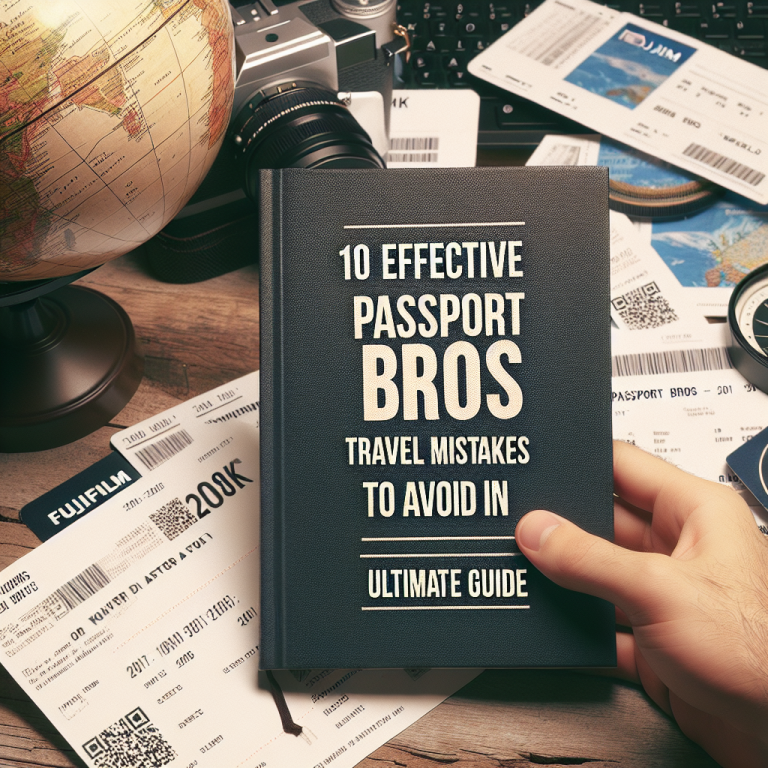How to navigate love after betrayal or hurt
Understanding the Impact of Betrayal
Recognizing Your Feelings
When betrayal strikes, it’s like a punch to the gut. You may feel a whirlwind of emotions—anger, sadness, confusion. Acknowledging these feelings is crucial. Personally, I found it enlightening to put a name to my emotions. Was it grief? Anger? A mix of both? Taking time to sit with these feelings helped me understand my own heart better.
Allow yourself to feel what you’re feeling without judgment. Ask yourself, “Why am I feeling this way?” Sometimes, reflecting back on past experiences can help connect the dots. Maybe it’s not just about the present moment; maybe it’s entwined with past hurts that were never fully addressed.
Once I started recognizing my feelings, I realized that it was okay to not have everything figured out. Navigating through life isn’t about having the perfect map; it’s about understanding the terrain. Be gentle with yourself and know that healing takes time.
Understanding the Betrayer’s Motives
It’s not always easy to grasp why someone would betray you, especially when it’s someone you trust. I recall a moment when I questioned if they were even thinking about me at all. Sometimes, digging into their possible motives—fear, insecurity, or unhealed wounds—can offer insights. It doesn’t excuse their actions but can provide a clearer picture.
In my case, having a candid conversation with the person who hurt me helped shed light on their perspective. It wasn’t just an excuse; it was an acknowledgment of their own struggles. Understanding their side didn’t mean I had to forgive them immediately, but it did pave the way for healing for both of us.
It’s essential to remember that their actions aren’t a reflection of your worth. You can gain insights without letting their mistakes define your identity. Focus on your growth instead of letting their narrative control your life’s story.
Deciding Whether to Forgive
Weighing the Pros and Cons of Forgiveness
Forgiveness is one of the deepest struggles in the journey after betrayal. When I grappled with the prospect of forgiving someone, I made a mental list of the benefits and drawbacks. Forgiveness can liberate you from resentment, but it’s also entirely okay to acknowledge that you’re not ready.
Ask yourself: What holds more power over you—I can let go of the hurt and move forward, or I can cling to the pain and stay stuck? For me, understanding that forgiveness is less about the other person and more about my peace was a game changer. It’s liberating to know that I had the option to choose my response.
Be honest with yourself. If forgiving feels impossible now, it’s okay to sit with that feeling. You’re on your own journey, and there’s no rush. Take your time to explore why you feel the way you do about forgiveness. Understanding your feelings is a part of growing.
Setting Boundaries for Your Well-Being
Once I decided to forgive (or at least work towards it), I realized that setting boundaries was important. I had to protect my heart while navigating through the complexities of our relationship. It’s akin to putting up a safety net while learning to walk again—necessary but empowering.
Think about what behaviors you won’t tolerate in the future and what needs to change for you to feel safe. Communicate these boundaries clearly to the other person. I remember sitting down, honestly voicing my needs, and it was liberating to actively take control of my emotional well-being.
Remember, boundaries are not walls—they’re more like guidelines for how you wish to be treated. They allow space for healthy interaction while still acknowledging your experiences. It’s a nurturing, protective measure for yourself that fosters self-respect.
Building Trust Again
The Importance of Open Communication
After betrayal, rebuilding trust requires complete transparency. I found that establishing a foundation of open communication was vital. It’s like a restart button for your relationship. Encourage dialogue where both parties can express their fears and expectations.
One approach that worked for me was implementing regular “check-ins,” where we would discuss how we felt about our relationship. Creating a safe space to share concerns openly relieved so much tension I had been feeling. Understanding that both of us were committed to being honest about our feelings revitalized the connection.
Always be attentive to the responses. Active listening is key. It helped me feel validated during vulnerable moments, and it encouraged them to express themselves with the same honesty. Remember, vulnerability can bring you closer than you ever imagined.
Rebuilding Trust Over Time
It’s said that trust takes years to build and seconds to break. Rebuilding it is about consistency and patience. I made it a priority to be mindful of my actions—if I said I would do something, I followed through. Demonstrating reliability was the cornerstone of my journey toward trust.
Set small goals related to trust-building. This might involve sharing something personal or being open about feelings. Every open conversation can enhance the connection, brick by brick. For me, seeing my trust slowly restored was one of the most rewarding experiences.
Celebrate those small wins! Each positive interaction is a reminder that you’re both committed to overcoming the struggles. It’s easy to overlook these small victories, but they contribute immensely to the overall picture of trust revival in your relationship.
Nurturing Self-Love and Healing
The Role of Self-Care in Recovery
Along this challenging path, cultivating self-love has been essential. I’ve learned that pouring love into myself isn’t just an afterthought; it’s a vital part of healing. Engage in activities that bring joy and relaxation—whether it’s reading a book, going for a hike, or indulging in a soothing bath—all contribute to nurturing your spirit.
Practicing self-care can look different for everyone. For me, adopting a hobby helped elevate my mood. Finding interests outside the troubled relationship gave me a sense of purpose. Remember, you are not just defined by your relationships; you are a multifaceted individual deserving of love and happiness.
Don’t be afraid to seek professional help if you’re struggling. Therapy can provide valuable insights and coping strategies. I sought counseling during my healing and credited it as a game-changer. Talking with someone who understands can make all the difference.
Rediscovering Your Personal Identity
After experiencing betrayal, it can feel like your identity is entangled with the pain. I found reinstating who I was outside of the hurt to be a powerful step. Reconnect with your interests, passions, and goals. Focus on what makes you unique. This journey isn’t about the other person; it’s about reclaiming your narrative.
Creating a vision board or journaling your thoughts and aspirations can help clarify your identity. I remember being surprised by how many things I had pushed aside while focusing too much on my relationship. Rediscovering these pieces of myself was refreshing and liberating.
Build a life that excites you, apart from the pain. In time, loving yourself becomes a daily commitment. Make it a point to celebrate your individuality, and soon enough, you will find joy in being your own person again.
Frequently Asked Questions
1. How long does it take to heal after betrayal?
Healing varies for everyone. Some may take weeks, while others could take months or even years. Give yourself grace during this time.
2. Is forgiveness necessary to move on?
Forgiveness can be helpful, but it’s not a requirement. Moving on may involve different steps for each individual. Focus on your feelings and what feels right for you.
3. How can I trust again after being hurt?
Re-establishing trust takes time and open communication. Focus on small, consistent actions that demonstrate reliability and care from both parties.
4. Should I still keep the person who hurt me in my life?
This depends on what feels healthy for you. Sometimes, stepping away can provide necessary space for healing, while other times, a relationship can be repaired.
5. What if I feel guilty for wanting to move on?
It’s normal to feel guilty for moving on, especially when you care for the person who hurt you. Remember, prioritizing your well-being doesn’t diminish your love for them.
Related Content
- The Secret to Being the Most Confident Man in Any Room
- The Power of a Great Scent and How It Enhances Your Attraction
- 10 Powerful Ways to Understand What Healthy Marriage Looks Like in 2025
- How to stop miscommunication before it starts
- How to Bring Happiness Back Into Marriage: 7 Effective Strategies for 2025










